by Shiv Visvanathan
I am a social scientist who loves Bollywood. I see it not only as a form of entertainment but as food for thought. At a blatant level, Bollywood films are slick. They have mastered global genres. But what is more amazing is the way Bollywood thinks through globalisation. Take Abbas Mustan’s Players.
Look at the title itself. Players is no longer an English word. It is globalised in its indigeniety. The message is clear. Everyone is a player, even criminals and non-citizens. Players is a secular word. It does not carry the burden of ethnicity or the baggage of civilization, caste, family. A player is a global creature who plays global games.
Abbas Mustan creates what I call the original copy. Mustan’s film borrows from many Hollywood thrillers. The mimicry is blatant and yet the film has indigenous touches. It points out to the fact that innovation in India need not be original. We create originality through translation, mimicry, poaching and piracy. We borrow from the world to domesticate the world.
Where else would a film heroine return to India with an MA in ethical hacking? Ethical Hacking – what a beautiful subject. It makes oxymorons consistent. It adds a romantic veneer to the dullness of IT.
As the plot unravels, the girl joins the criminal group to avenge the murder of her father, himself an ace criminal, a guru of crime. Hollywood shows that good and bad is always a mix but it improves on its earlier self. The films are no more about blatant contradictions played by lost doubles as in Ram and Shyam, Seeta aur Geeta. Values are no longer pure gold but a volatile _khichdi_where good and evil live together in a world of mobility. As a wag put it, Bollywood has moved from nobility to mobility.
We have to become players in a more ethically neutral world, which we have to domesticate in terms of our language or our value dialects. There is a sense of where Bipasha Basu, who has betrayed Abhishek Bachchan, works out the new tactics of mobility. She says I want to back a winner. Then the villain played by Neil Nitin Mukesh adds a loser as someone who is predictable, who keeps repeating himself. There is deep management wisdom here. A goodness which repeats itself is doomed to defeat and obsolescence. The corrupt and evil are players and goodness needs to be innovative to succeed as a player.
In these films, women are no longer extras. Critics often see them as stand ins, auxiliaries filling up bits of the plot. But that is a superficial reading. Firstly, the bodies of these women – the body is no longer only an act of display, it reflects a self at ease within itself. The body is a statement and a shapely body speaks more than sex and sexuality. It articulates freedom and desire in an everyday sense. Bipasha and Sonam Kapur both articulate this. Their intelligence is not in doubt and they are clear that woman can deliver both the punches and the punchlines.
There is laughter in these movies where Bollywood makes fun of itself and Indian culture. There are no sacrosanct rhetorical speeches about nation and sacrifice but a sense of nostalgia that can laugh at itself, especially when the self is seen through an alien mirror.
Early in the movie, Bipasha is sent to seduce a Russian general. In the preliminary forays the general, like a good old Russian, claims he loves Raj Kapur films and diligently lists them out. He even does a pathetically funny version of Mera Joota hain Japani. Desperate for Bipasha’s body, the Russian complains, “Why do you Indians think of songs, whenever it comes to sex?” Our heroes express desire through words rather than action. The masculine general struggles desperately with Awara hoon with his pants down.
There is another more slapstick scene centering around Johnny Lever, who plays a hospitable Indian mechanic who comes to the rescue. Abhishek goes to meet him to request a souped-up car. The mechanic’s two sons are white kids with names that sound like Surya Prakash and Shyam Prakash. They say Pranam and then the mother appears. She is white but utterly Hindu in dress values and costume. She is Indian enough to satisfy the cruelest mother-in-law, reeking as she does of prasad and kirtan. A side character comments that Lever has done the impossible. It is usually Indians who imitate while Johny Lever has created a utopia through inversion. The audience laughs uproariously at itself.
It is easy to condemn a movie like Players as slick and silly. But that’s to miss its tacit message, packaged within the craft and craftiness of Bollywood – that the Indian will be a player in the global game and in being global, more Indian.
Shiv Visvanathan is a social science nomad.
Disclosure: Players has been produced by Viacom18, which is a part of the Network18 group.
Watch Video:


)




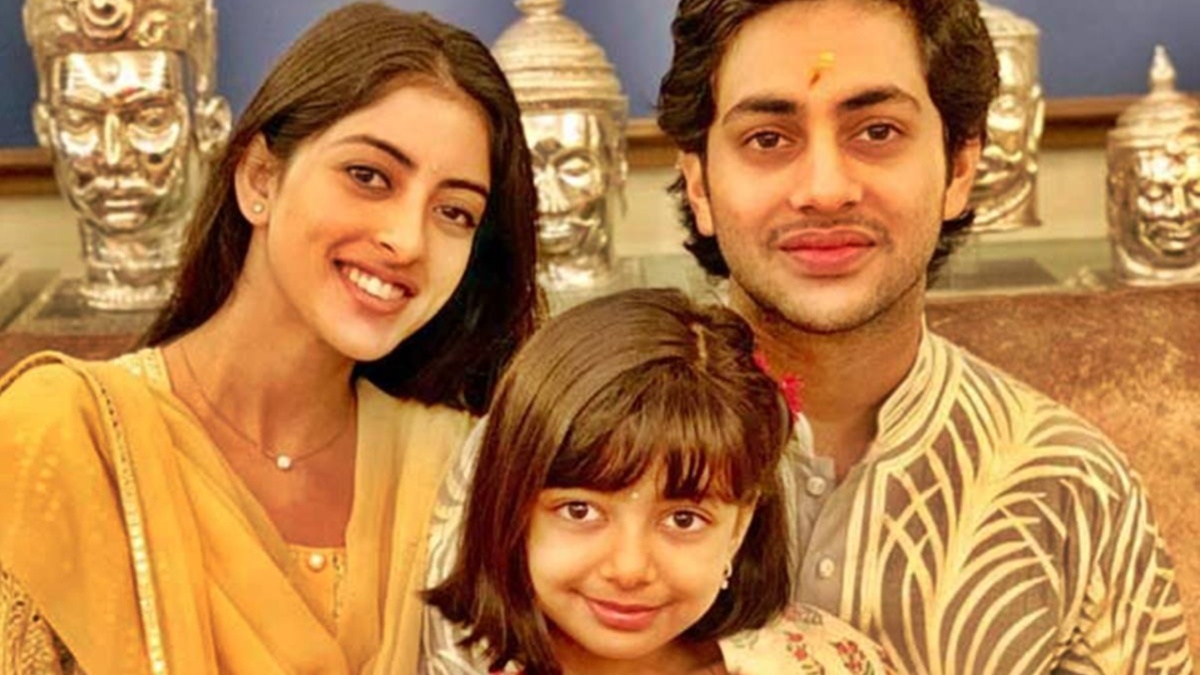)
)
)
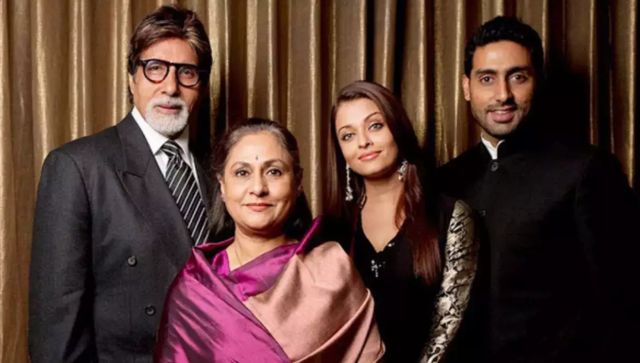)
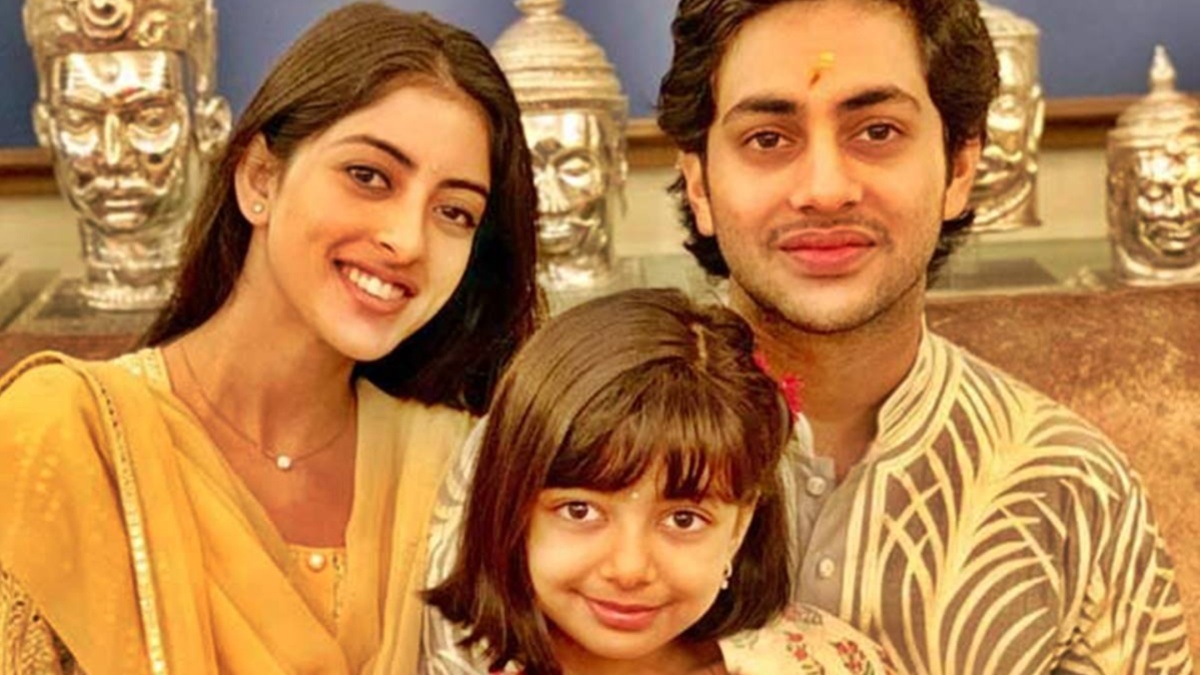)
)
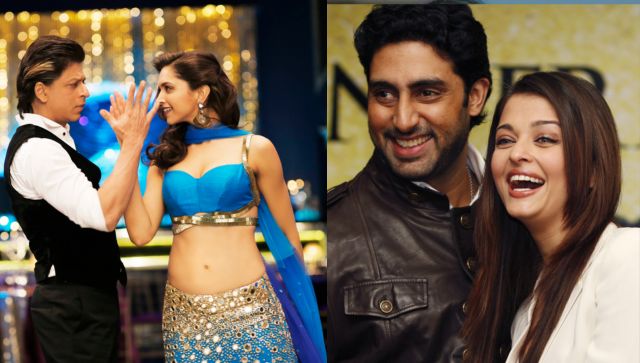)
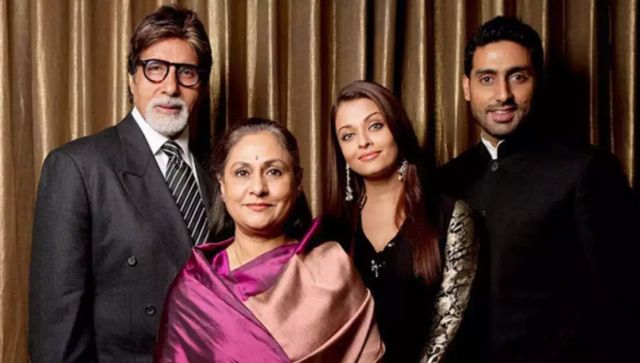)